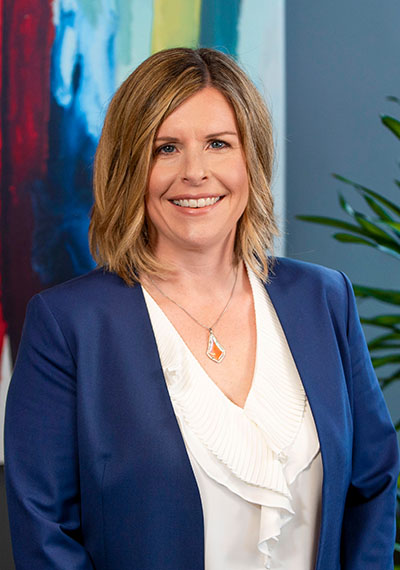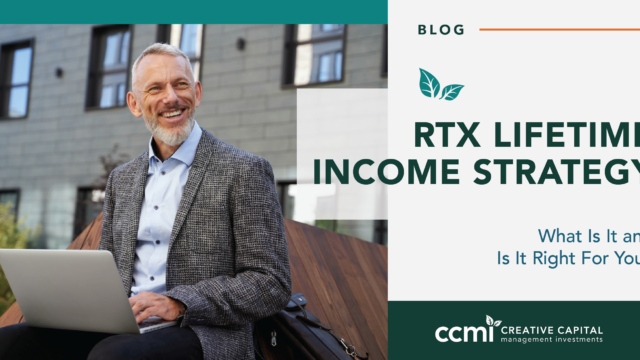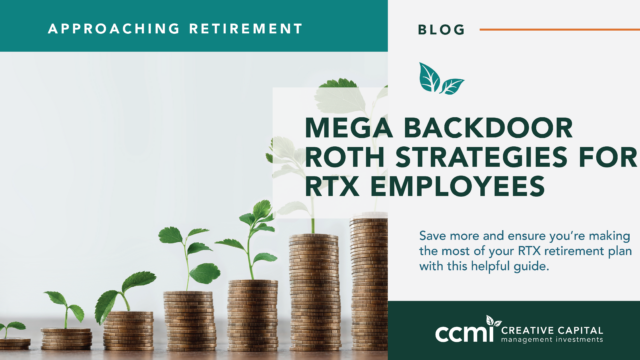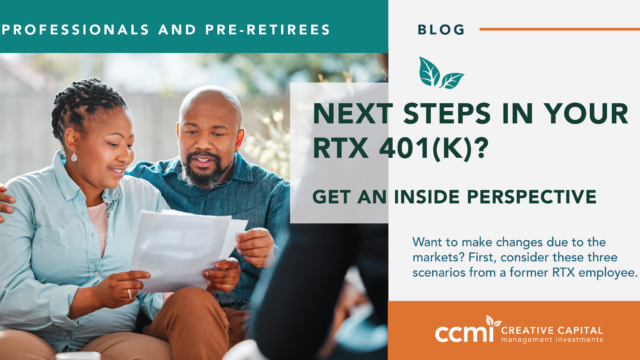Whether you’re a first-time homebuyer or thinking about upgrading your residence as you expand your family, buying a home is a significant financial decision that typically requires a substantial down payment. If you already have funds set aside for your new home, you may wonder if you should keep your down payment in cash or invest it to potentially grow it over time. Should you play it safe or be a little more aggressive?
The choice to keep your down payment in savings or investments will depend on various factors unique to your situation. In this video, Matt Ryan explains what you should keep in mind, including:
- When will you purchase your home? If you plan to buy soon, there are benefits to keeping your down payment easily accessible for when you’re ready—however, Matt also goes into the downsides to consider.
- How much of a down payment do you need? If your down payment makes up a large portion of your savings, you may need to consider other options to save at a higher rate, expand your cash flow, and meet your regular obligations in the meantime.
- What is your risk tolerance for your down payment funds? If you’ve set your funds aside but are still a few years out from purchasing a new house, you may evaluate how you can make your funds work for you during that period, for example, with high-quality bonds or a money market account.
In most situations, a stable and secure approach with your down payment can help you avoid unwelcome economic events, issues when accessing tied-up funds, and ultimately circumstances that could pull you out of the home-buying market.
View the video for more details on how you can prepare and protect your funds for your situation.
We encourage you to consult with a financial advisor who can assist you in your home-buying experience, including managing your risk, protecting your assets, and calculating how much you can afford based on your cash flow. Learn how we help young professionals and families plan for major milestones and their long-term security.
Audio Transcription
Matt Ryan here with CCMI, doing my best to help you make smart financial decisions. I work with quite a few young families who are planning on buying their first home or upgrading their home after having kids, and they all have the same questions, which include “what should we do with our down payment funds while we are waiting to buy—should we keep it in cash or invest it?” My initial answer to these questions is . . . it depends. The factors to make your decisions include when you plan on purchasing your new home, what amount you are going to need for your down payment, and your overall risk tolerance.
If you have a short-term time horizon, say you are actively looking and ready to make an offer, you will want your down payment funds in cash so they are ready for your purchase. Having those funds easily accessible will help avoid any issues that might pop up when you actually need to provide the funds to the escrow company.
Probably the most conservative and “safe” thing to do for a short time frame is to hold your funds in cash. You may already know the downside of this if you have checked the interest rate on your savings account recently, but banks aren’t paying very much interest at the moment. You may be able to get a little more interest from a high yield savings account available at certain online banks. But then the drawback of those online banks is they don’t have a physical location to walk into to help with other banking needs. In any case, whatever bank your cash is being held at, make sure it is FDIC insured and reputable.
Other pretty secure and stable options include money market accounts or certificates of deposit. Again, rates are very low at this point in time and especially for very low risk and secure options to hold your cash.
But what if you are still saving for a home and you don’t plan to buy for a while? If you have an intermediate time horizon of between one and four years, there are some alternative options to holding the funds in cash you should consider.
With a slightly longer time horizon and depending on your risk tolerance, another alternative could be to invest a portion of your down payment funds in high-quality, short-term bonds. You can do this in a diversified way by using investment vehicles like mutual funds or exchange traded funds. If you are interested in heading down this more aggressive route, I highly suggest talking to a financial advisor to make sure you understand all the risks involved.
You may have noticed a theme to the options I’ve listed out. They are generally secure and stable options for where to hold your down payment funds. When you are saving for a specific short-term goal like buying a house, you likely want to be conservative with those funds. If you invest all the money you have saved up for your down payment in the stock market, you might have an unwelcome surprise if the market takes a turn right before it’s time to purchase that new home. Take for example February and March 2020, when the S&P 500 stock index dropped 34% in a little over a month. This type of decline could take you right out of the home-buying market if the funds you have set aside for a home are exposed to riskier investments.
Planning to purchase a house is just a piece of your overall financial game plan. If you are considering purchasing a house, want to figure out what you should do with your down payment funds, or how much of a house you can reasonably afford based on your actual cash flow and other financial goals, please reach out and I’d be happy to have that conversation. Thanks for watching.
CCMI provides personalized fee-only financial planning and investment management services to business owners, professionals, individuals and families in San Diego and throughout the country. CCMI has a team of CERTIFIED FINANCIAL PLANNERTM professionals who act as fiduciaries, which means our clients’ interests always come first.
How can we help you?






